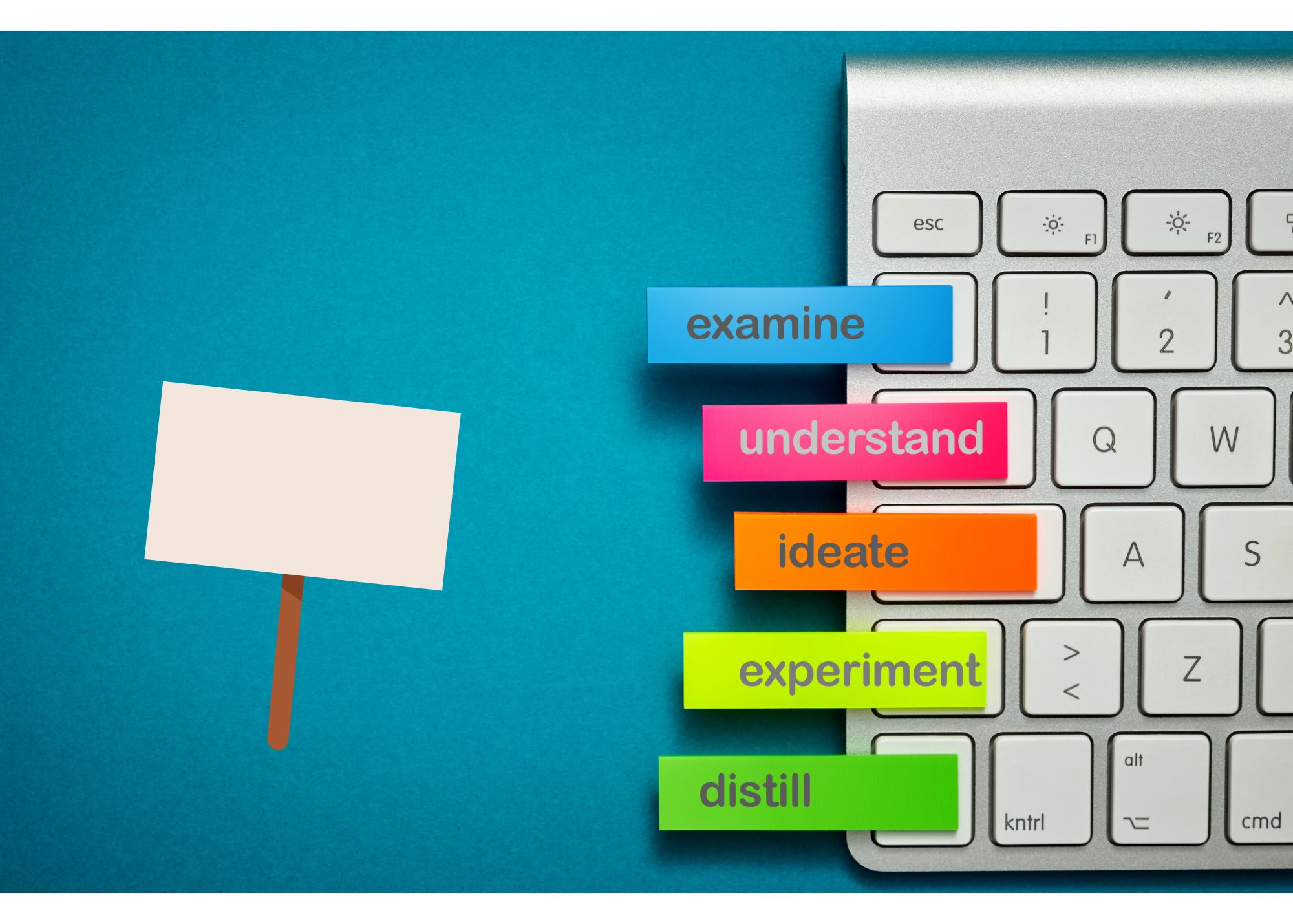If You Could Only Buy 1 Stock, This Would Be It
Putting all your eggs in one basket is usually a bad idea, unless that basket is heavily diversified. Yet most companies fail the diversification test. Google is still largely a bet on advertising. Uber is mostly a bet on ridesharing and food delivery. And Netflix is a bet on streaming content. If even the titans of technology fail the diversification test, what company might fit the bill?
Enter the Oracle of Omaha’s Berkshire Hathaway.
Berkshire Hathaway Has a Carefully Constructed Portfolio
Berkshire Hathaway owns a piece of dozens of companies and many outright. From railroads to furniture, and from candies to insurance, the breadth of Berkshire’s holdings is almost as diverse as the sectors in the S&P 500. Yet in spite of its broad diversification, Berkshire has a history of beating the market by a large margin.
In spite of the many sectors represented under its holdings company umbrella, Berkshire’s stocks are, perhaps surprisingly, concentrated in just a few positions. Apple Inc makes up 39.2% of Berkshire Hathaway’s portfolio, making it the firm’s largest investment.
Other significant holdings include:
- Bank of America Corp (10.9%)
- Chevron Corporation (8.0%)
- American Express Company (7.2%)
- Coca-Cola Co (7.2%)
- Kraft Heinz Co (3.5%)
Each of the other investments represents ballpark 3% of the portfolio, for a combined 24% total. That means just six companies make up 76% of Berkshire Hathaway’s investments.
For conservative investors looking to minimize risk and maximize diversification, even Berkshire may not qualify as a responsible investment option deserving of all your money. After all, you can bet there is a Buffett premium built into Berkshire’s share price that would evaporate if Buffett were to fall ill, a reasonable and significant risk given his age: 91 years old.
But track record counts for a lot, and Buffett has built a sturdy business that should withstand the tests of time. The reason in a word: moats. Each business he selects has, in his view, a sustainable competitive advantage. And that is the primary reason his track record is exemplary.
Berkshire Hathaway Outperforms the Market
Given the broad range of Berkshire Hathaway’s holdings, a new investor might expect it to perform like an index fund. In reality, Berkshire Hathaway has a track record far superior to that of most index funds. When you compare it to the S&P 500, you see that Berkshire has a compounded return of about 20% since inception versus about half that for the popular index alternative.
Halfway through 2022, when the stock market was down around 15% as inflation and interest rates spiked investor concerns, Berkshire Hathaway was up by about 3%. While most investors were losing money, anyone with Berkshire Hathaway stock was doing relatively well. Even when the stock doesn’t excel, shareholders tend to lose less in turbulent times.
Higher Interest Rates Probably Won’t Affect Berkshire Hathaway Much
In May, the Federal Reserve increased interest rates to combat inflation. A year ago, the Fed Funds Rate was 0.25%. At the beginning of June, it was 1%, the highest it’s been in more than two decades.
Higher interest rates could make it much more difficult for companies to borrow the money they need to grow. As interest rates go up, the cost to operate rises and profits fall. As a result, companies have less incentive to spend.
Berkshire Hathaway is less susceptible to this problem because its insurance business generates so much cash. In short, it can lend money to its sub-divisions at better rates than a bank. Plus, Buffett tends to buy companies that rise during inflationary periods, like banks and oil companies.
The company currently has about $106 billion in cash, an amount that Buffett can deploy quickly to snap up bargains as he sees fit, like the billions he recently put to work buying Chevron and Occidental Petroleum shares.
The Problems With Berkshire Hathaway Stock?
Buying Berkshire Hathaway is likely one of the best investment decisions you could make long-term. But you’re going to need quite a bit of capital to invest. In March, Berkshire Hathaway stock reached $500,000 for the first time. It exceeded $539,000 before it slowly declined to about $456,000 on May 19. Since then, it has recovered some of that loss.
Whether a share of Berkshire Hathaway costs $400,000 or $500,000, the price prevents most people from investing in its A-shares. However, the B-shares are trading at a fraction of that price, hovering closer to $300 per share.
Another concern investors have to contend with is the risk of Buffett or his right hand man, Charlie Munger, falling ill. If either do, the short-term impact to the Berkshire share price could be material. For those with an eye on the long-term, the economics of the underlying businesses are unlikely to change significantly, however, and their persistent moats should lead to superior returns for Berkshire shareholders.



